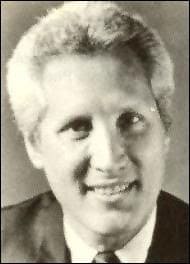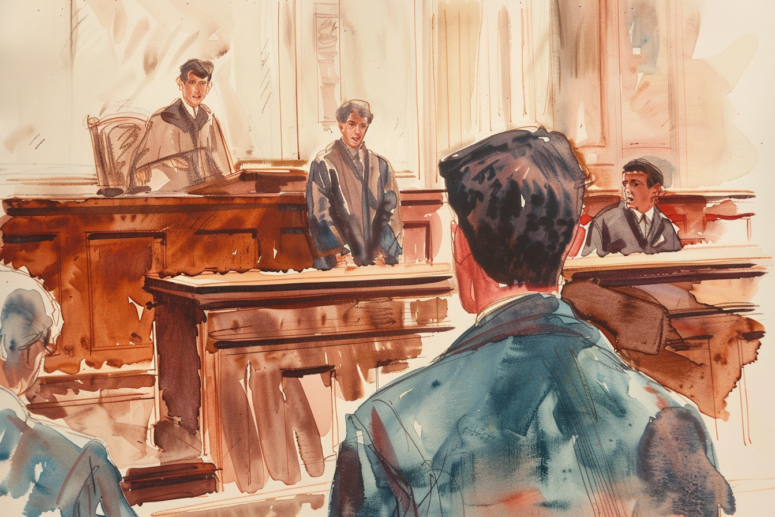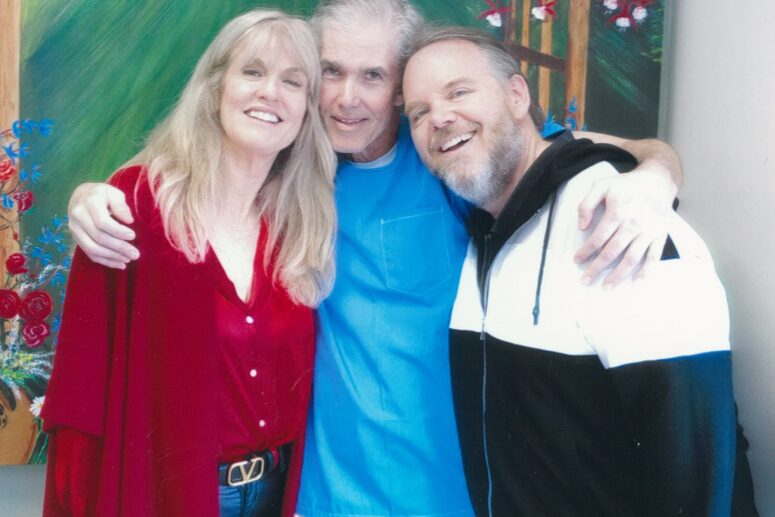March 15, 2024
“People seem to forget how many people lost their whole life savings because of this man and his cronies. The Billionaires Boys Club robbed millions and millions of dollars from elderly people, leaving many of them homeless. I don’t feel sorry for this man one bit, and his real name isn’t even Joe, so why doesn’t he start telling the truth?”
Francine Gigi Dougan
Misconceptions About Joe and His Investors
There are many unfortunate but popular misconceptions about the facts about Joe, his actions, and his motives. One of the most glaring ones is this idea that he callously scammed a bunch of ordinary people out of their life savings.
That isn’t the truth. It isn’t even consistent with the prosecution’s theory of the case.
The Prosecution’s Theory
So what was the prosecution’s theory about Joe and his investors and their money?
The State proved that investor money was lost at two brokerages: E.F. Hutton and Cantor Fitzgerald. The investors signed the contract between them and Financial Futures Trading Corporation of North America, Inc. Under the agreement, the investors agreed to bear any and all losses as a result of trades undertaken for them. Profits were to be split 50/50.
So Joe was not personally liable for the trading losses, which amounted to over a million dollars. Moreover, any liability for trading losses would have been contained at the corporate level.
The Losses at Cantor Fitzgerald

It was also established that the losses that occurred at Cantor Fitzgerald Brokerage, which amounted to about $600,000, were caused by Ron Levin, who reneged on a promise to pay $500,000 that he owed Joe at the time. Levin had promised to pay Joe that sum, and relying on that promise Joe had overextended the trading account by buying too many futures contracts than he had margin money for.
When Joe didn’t get the $500,000 Levin promised, he wasn’t able to use those funds as planned to meet the margin call, and a position that went on to be highly profitable ended up being liquidated at a loss.
Now Joe had put the same position on in Levin’s account at Clayton Brokerage house. Acting under a trading authorization there he had also bought Treasury Bond Futures for Levin’s account. That position showed on paper a profit of $8,000,000 because Joe had guessed correctly regarding the T-Bond market.
The Alleged Motive
So these are some of the circumstances which both the prosecution and the defense agree upon.
Next, to understand the financial aspect of the State’s case, you need to know what their theory of motive for the alleged killing of Levin was.
They argued at the 1987 trial that Joe didn’t want his investors to bear the losses that were occasioned by Levin’s failure to supply — as promised — the $500,000 he had owed Joe at the time of the Cantor Fitzgerald margin call. So, instead, they say Joe decided to take the money he needed to repay his investors from Levin at gunpoint.
Even under the State’s theory of the case, Joe didn’t set out to scam anyone.
So let that sink in. The State’s theory isn’t that Joe was callously indifferent to his investors’ losses. Quite the opposite! The State’s theory is that he wanted to force Levin to pay a personal debt Levin owed him, so that he could make up out of his own pocket the money that had been lost for the most part behind the corporate shield of Financial Futures Trading Corporation.
Put another way, the State argued that Joe was willing to repay the investors for losses he was not legally obligated to cover and was willing to use money that was owed to him, not Financial Futures Trading Corporation, to do so.
If Joe’s story has moved you, share this article to raise awareness. The more people know, the stronger the push for a re-examination of his case. Use your voice on social media to advocate for transparency and fairness in the legal system.
Joe’s Mistakes
Now, it is true that Joe should have told the investors immediately about the Cantor losses. Instead, he issued a false statement reporting profits, not losses. As a result additional money was invested with Joe, only to be lost at E.F. Hutton and in underwriting some of the overhead of other BBC companies. Joe’s error here was twofold. First, in not being mature enough to face the FFTC investors with the truth. He thought he could avoid the heartache and upset by using the money he thought he had coming in from other activities. This was unwise and unlawful. Second, he was a fool to believe Ron Levin and to have anything to do with him.
As a result of those errors in character and judgment, the FFTC investors lost additional money. Joe agrees he was responsible for that and to this day feels horrible about it.
The Main Point
However, the point of reciting all this is to demonstrate that even under the State’s theory of the case, Joe didn’t set out to scam anyone. He was just being a legitimate businessman before he got thrown off track by a succession of Levin’s scams. And, furthermore, rather than having a callous disregard for the losses of the investors, the State’s theory is that Joe was willing to take money owed and promised to him and give it to the FFTC investors rather than to see them suffer. The State’s theory was that Joe killed Levin to recover money he hoped to use to make those investors whole.
The Defense’s Position
The defense position, and Joe’s, track the above, only diverging as to the final point. Joe says that he tried to scare Levin into paying, using the To Do lists as a prop, but that it never came to murder. Joe testified in San Mateo that he and several other BBC members had a meeting discussing ways to force Levin, who prided himself on being judgment-proof, to pay Joe the $4 million Levin admitted to owing Joe. Joe said the notes from that meeting were shown to, and left with, Levin on June 5, 1984, in the context of an effort to impress upon Levin the lengths to which the BBC would go to collect the $4,000,000 debt.
Karen Marmor, Levin’s next door neighbor, came forward after Joe was convicted providing crucial corroboration of Joe’s story. She testified in 1992 that she had seen the To Do lists on Levin’s desk on the afternoon of June 5, 1984 — i.e., 30 hours before Levin disappeared.
Summary: The Media Can’t Be Trusted
In sum, the media version of Joe’s life is simply untrustworthy. Collapsing real life into 30 minute or even 90 minutes of footage, acting, or narration, leaves most of reality on the cutting room floor.
Joe’s true fight to make his investors whole, even if it had to come out of his own pocket, is reduced to the meme: ‘ponzi scheme.’ The reality that Ron Levin was in control of the ‘to do lists’ over 24 hours before he disappeared is ignored in favor of speculative sensationalization of their content.
As we’ve learned in so many other contexts, the media simply can’t be trusted. This is why freejoehunt.com points all eyes and minds towards the opinions of the last and best informed jury to hear the evidence about Joe and the BBC. That jury, after hearing from over 100 witnesses whose testimony has never been accounted for in any media product, concluded the BBC witnesses were perjurers and that Levin likely fled to avoid prison for a variety of State and Federal crimes.


